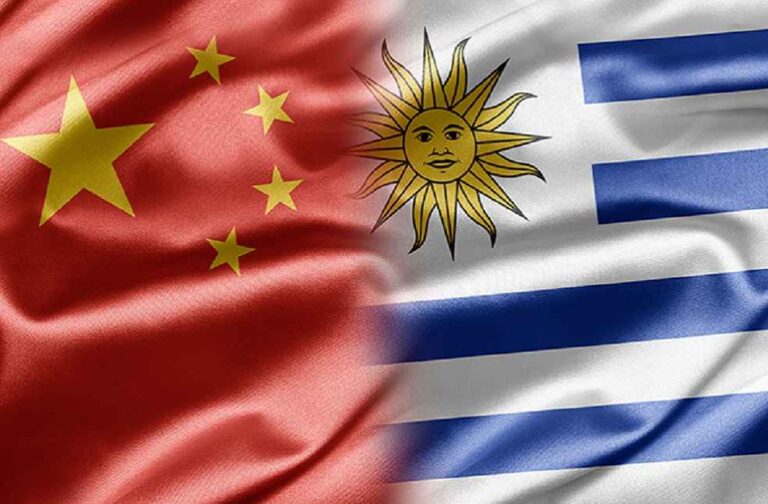Uruguay’s pursuit of a trade agreement with China has recently faced substantial obstacles, turning the initiative into a sobering lesson about the complexities of international trade for smaller countries. While the South American nation sought to level the playing field in its beef exports to China, geopolitical realities have rendered the prospects of a deal increasingly uncertain.
The El Álamo ranch, located on the eastern plains of Uruguay, is evidence of the country’s ambitions. Much of their cattle are destined for Chinese markets where they face a hefty 12% tariff, over double the rate imposed on Australian beef, China’s top beef supplier. New Zealand, the second-largest exporter, benefits from duty-free access. Ranch owner Jasja Kotterman stated his approval for a potential trade pact, saying, “That would level the playing field for us.”
President Luis Lacalle Pou, who’s constructed his economic legacy on securing a trade deal with China, embarked on formal negotiations in July. The Chinese were receptive to a bilateral agreement, sparking optimism across Uruguay. The excitement has now given way to realism that the trade agreement may not be forthcoming.

One severe setback has come from Uruguay’s neighbors within the Mercosur trade bloc, namely Brazil and Argentina. These countries deemed Uruguay’s independent pursuits as a threat, leading to tension and perceived economic retaliation. Brazil, with its significantly expanded economic scale and population, has taken the reins in negotiating a broader trade agreement with China on behalf of the entire bloc.
Brazil’s President Luiz Inácio Lula da Silva, during a visit to Uruguay’s capital, Montevideo, highlighted his intention to negotiate with China as Mercosur.
Mercosur’s history of slow negotiations and internal discord has cast doubt over the feasibility of a trade deal. Remarkably, the bloc has spent over two decades attempting to finalize an agreement with the European Union. In addition, Paraguay, another member of Mercosur, upholds relations with Taiwan rather than Beijing, adding another hurdle to any potential agreement between the bloc and China.

In this complex landscape, Uruguay’s ambitious pursuit of a bilateral trade agreement with China may, unfortunately, lead to strained relations within Mercosur without any foreseeable economic benefit. This situation caters as a stark reminder of the intricacies and issues faced by smaller nations when navigating global trade.
GLOBAL ROUNDUP | EU-New Zealand Unveil Landmark Trade Deal: A Leap in Bilateral Exchange



